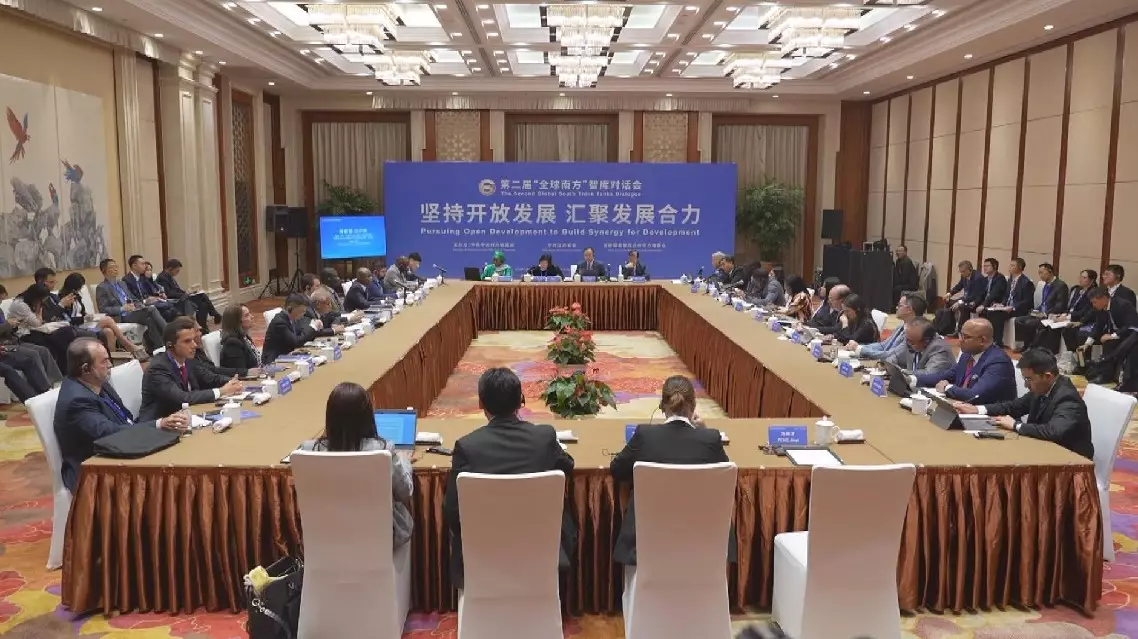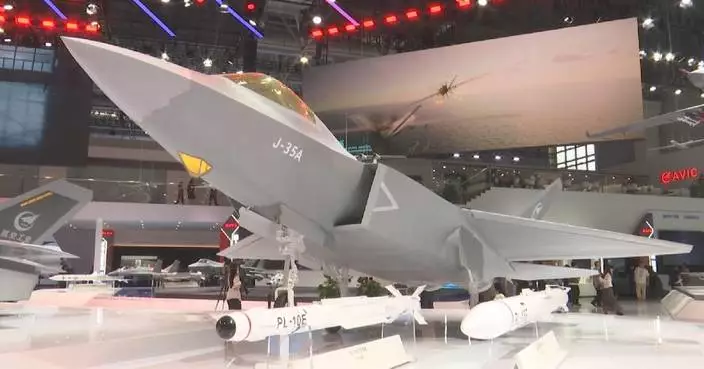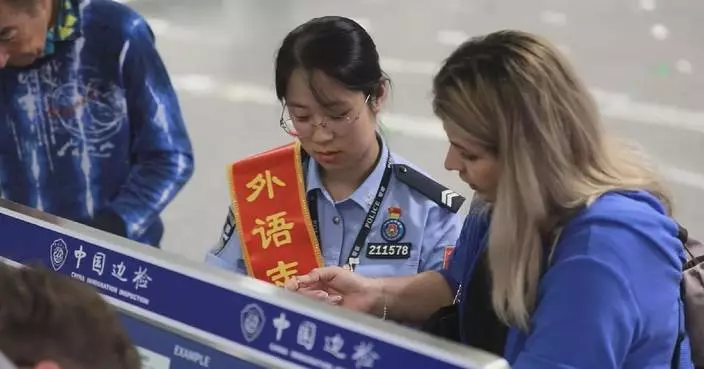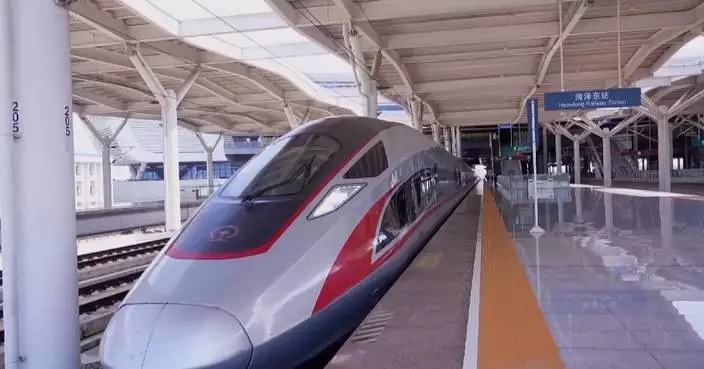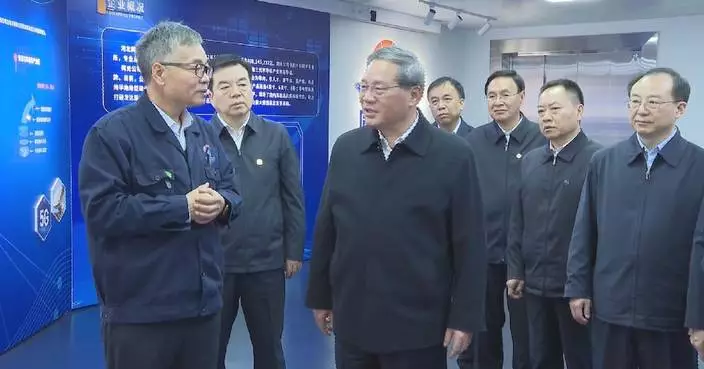The additional tariffs the European Union imposed on the electric vehicles (EVs) imported from China are harmful to export-dependent economies like China and Germany which need free markets, said a German business chamber leader.
Maximilian Butek, executive director of the German Chamber of Commerce in China - East China, made the statement in an interview with China Global Television Network (CGTN) on the sidelines of the AHK Greater China Xceleration Days 2024, which is taking place in Beijing from Nov 13 to 15.
"The tariffs are against carmakers who produce in China and deliver to Germany. And this also hits companies like Tesla or BMW. So, we positioned ourselves on behalf of our companies against tariffs because our economy is quite similar to the Chinese economy. We are highly export-dependent. So, we need free markets, and having implemented tariffs will not promote the idea of free markets. We need an open discussion because if the economy is continuing to slow down, we will not have a good winner out of that," he said.
Last month the European Commission announced the imposition of anti-subsidy tariffs on Chinese EVs. Starting Oct. 31, these tariffs will remain in place for five years with varying rates: 17 percent for BYD, 18.8 percent for Geely, and 35.3 percent for SAIC, among China's leading automakers. Additional firms that cooperated in the investigation will be subject to a 20.7-percent duty, while non-cooperative companies will incur the maximum 35.3-percent rate.
Butek also noted that German companies are committed to exploring the overseas market like China and the United States by creating jobs, bringing technologies and boosting innovation, thus urging the two economies not to decouple in case of taking a toll on consumers of both sides.
"Chinese companies have future advantages. German companies have future advantages. We German companies, we really love to be in China, to be very committed to our employees here. And we have more than one million employees in China to continue bringing technology, knowledge, innovation into China. And we also like to do that in the States. So, I believe that the tensions between U.S. and China, those two powers have to resolve that. And we, in the ideal world, try to work in both systems. And we just can urge both sides: don't decouple, because if you decouple, it's the consumers in China and in the U.S. will pay for it," he said.
As the flagship business event organized by AHK Greater China, the AHK Xceleration Days attract thousands of business leaders, executives, and representatives of international organizations, aiming to promote bilateral economic and trade exchanges and cooperation between China and Germany and to accelerate their business development in China.
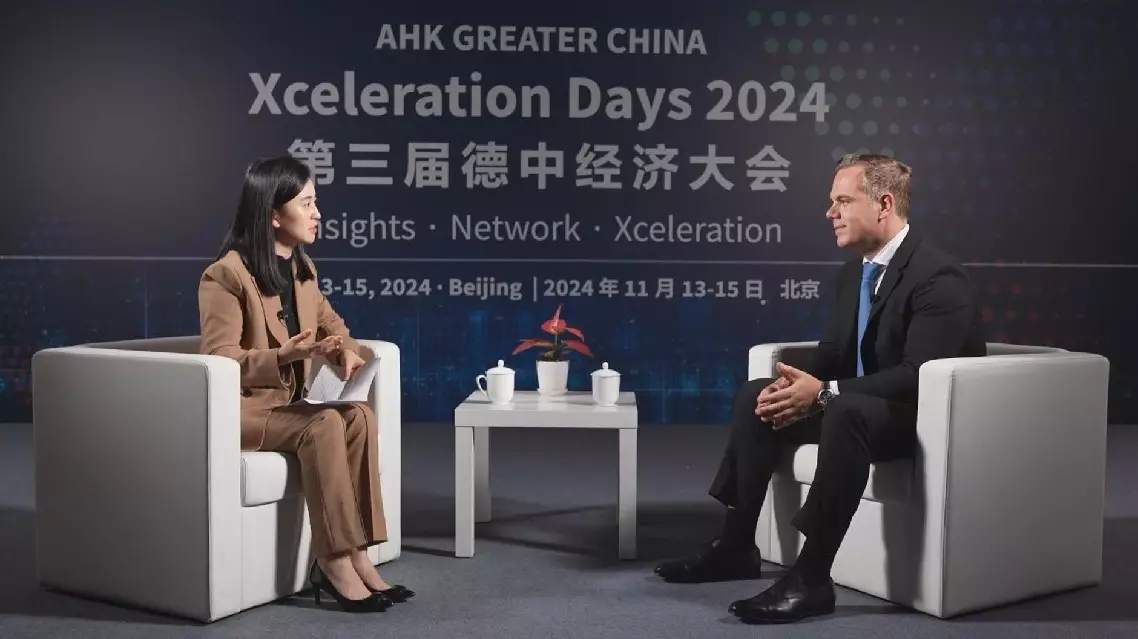
EU tariffs on Chinese EVs harm export-dependent economies: business chamber leader
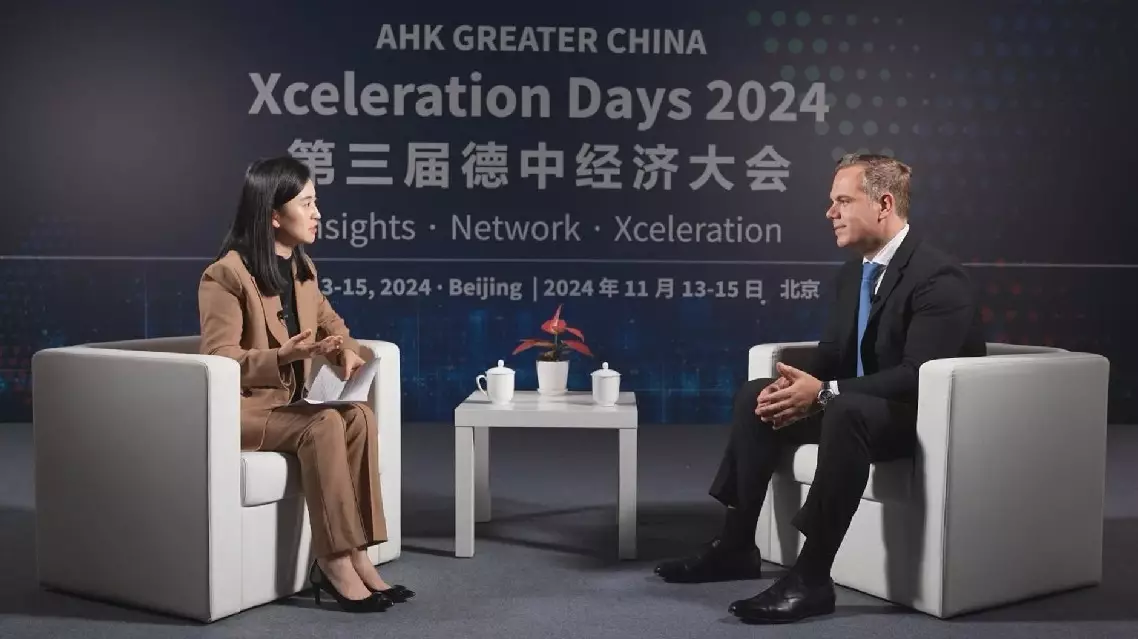
EU tariffs on Chinese EVs harm export-dependent economies: business chamber leader


